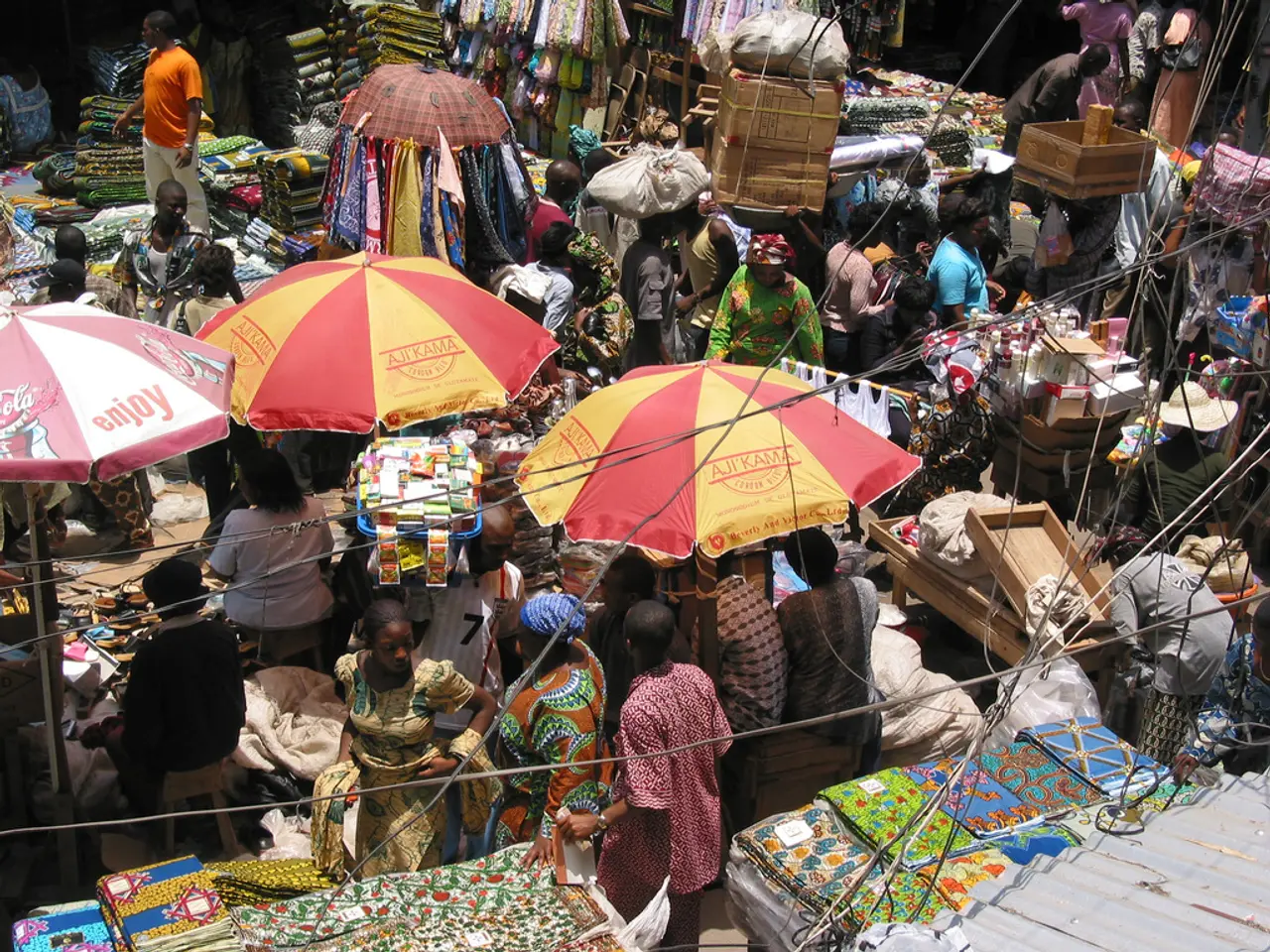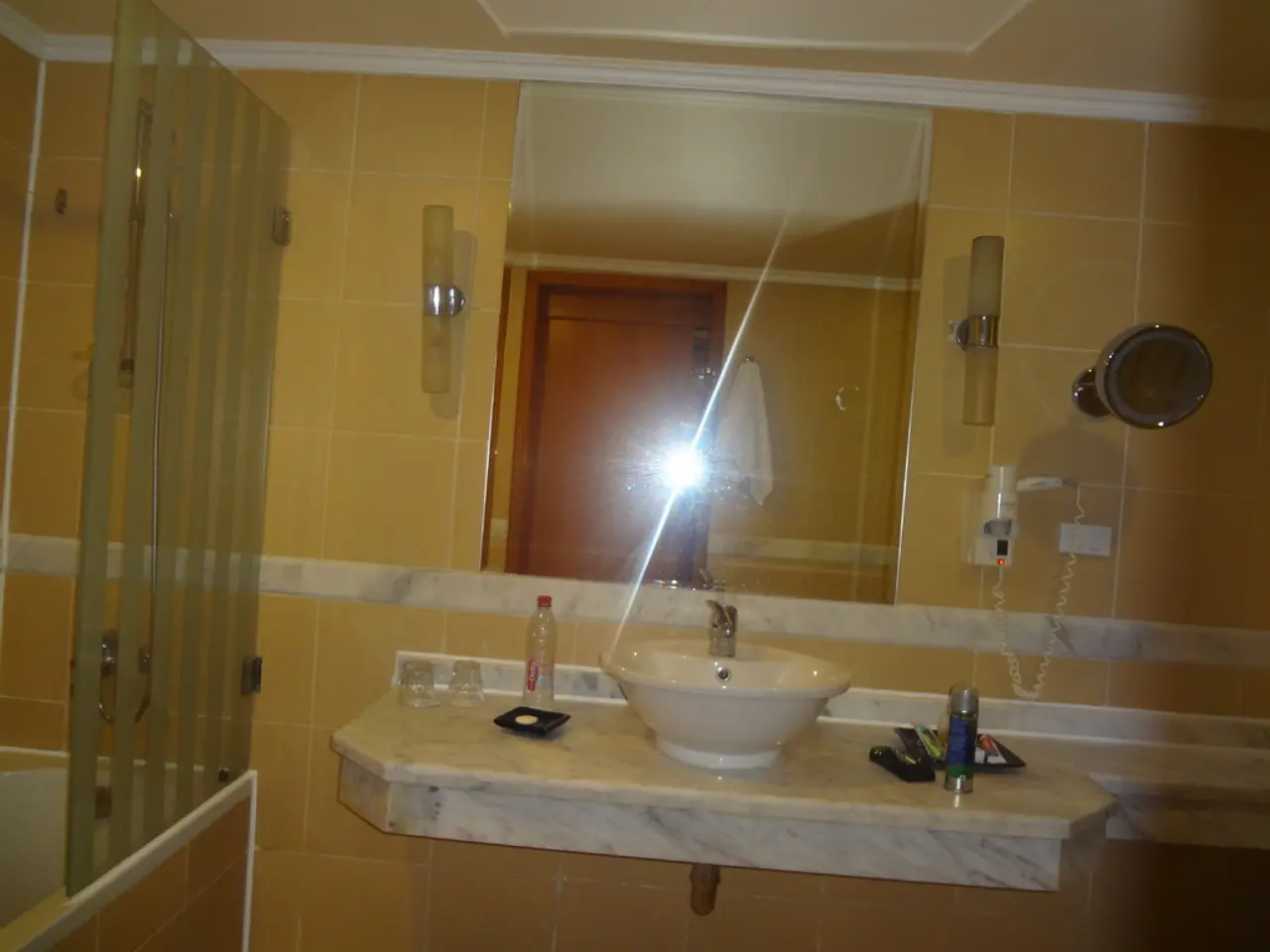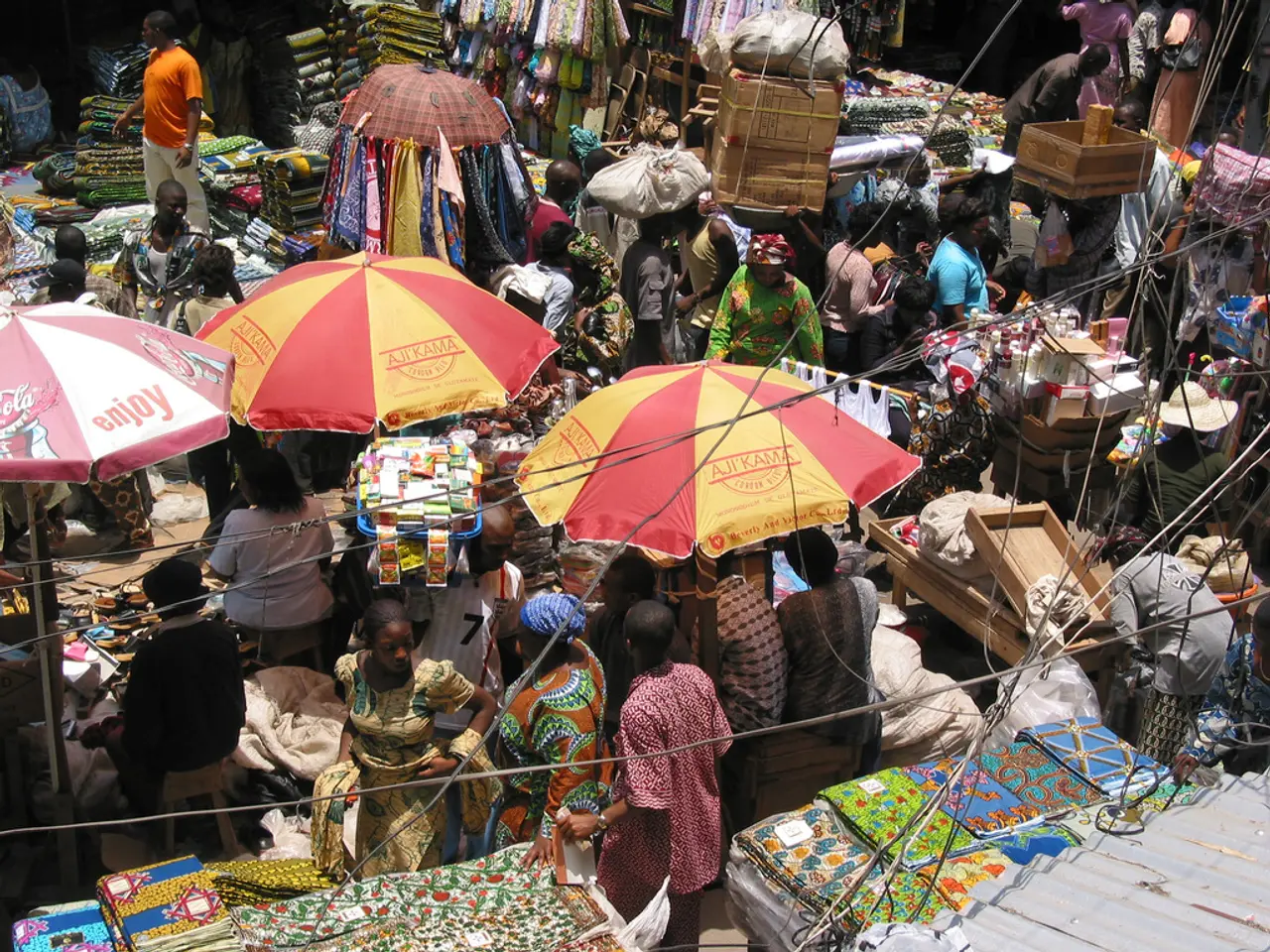Algeria Enacts Ban on Bitcoin, Digital Wallets, and Cryptocurrency Mining
Following the implementation of Law No. 25-10 on July 24, 2025, Algeria has enacted a complete ban on cryptocurrency activities, including trading, owning, mining, storing, promoting, or using digital assets. This move marks one of the strictest stances on crypto worldwide, effectively shutting down any formal or informal crypto ecosystem within the country.
Under the new law, cryptocurrency trading, wallets, and mining are all illegal. The possession, purchase, sale, and storage of any digital assets like Bitcoin or Ethereum are strictly forbidden. Services facilitating cryptocurrencies—including exchanges and custody providers—are also banned, and their use or promotion is criminalized. This extends to online platforms and intermediaries.
Violators face severe penalties, including imprisonment from two months up to one year and fines ranging from 200,000 to 1,000,000 Algerian dinars (approximately $1,540 to $7,700 USD). The law targets not only active participants such as miners or traders but also passive holders, promoters, advertisers, and influencers who disseminate information about cryptocurrencies.
The law was enacted as part of Algeria’s broader initiative to combat money laundering, terrorist financing, and financial crimes consistent with international standards such as those recommended by the Financial Action Task Force (FATF).
The sudden ban, which came with no warnings or grace period, has impacted thousands of Algerian traders who used platforms like Binance or OKX through VPNs. Mining operations, small but growing in the south of Algeria, must now shut down due to the ban.
While other nations create regulatory frameworks for cryptocurrencies, Algeria has chosen an all-out ban. This shift marks one of the harshest crackdowns on digital assets in the world. However, VPN usage is likely to rise, and enforcement is expected to follow.
Legal experts say the country lacks the infrastructure to monitor digital assets safely. Many expect a shift to underground trading, with risks climbing for anyone who stays active in the crypto market within Algeria. The ban was reported by local media, and Alva, an automated crypto news tracker, describes the move as a push that drives talent and liquidity out of Algeria.
[1] Algerian law No. 25-10 (2025) on the prohibition of cryptocurrencies [2] Algerian government press release on the implementation of Law No. 25-10 [3] Algerian financial regulator statement on the ban on cryptocurrencies [4] FATF recommendations on combating money laundering and terrorist financing
- Despite some countries developing regulatory frameworks for cryptocurrencies, Algeria has taken an extreme measure by enacting a total ban on activities related to Bitcoin, Ethereum, and other digital assets as part of their attempt to combat money laundering and financial crimes.
- This ban, as outlined in Algerian law No. 25-10 (2025), includes trading, ownership, mining, storage, promotion, and use of cryptocurrencies, making services like exchanges and custody providers, as well as their use or promotion, illegal.
- The consequences for violating this law, as stated in the Algerian government press release, are severe, with penalties ranging from imprisonment to fines and the potential for a shift to underground trading due to the lack of sufficient infrastructure for monitoring digital assets.




